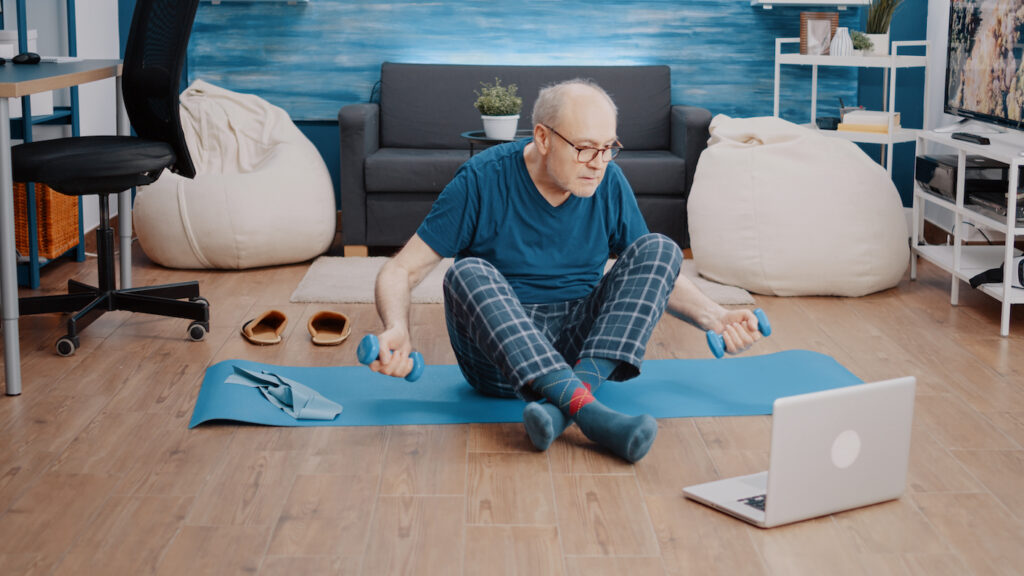Significance of Fall Risk Assessment –
Coordination with Healthcare Providers
Care managers can collaborate with physicians, physical therapists, and other healthcare professionals to ensure that patients are evaluated and a fall prevention plan is created and aligns with the individual’s overall care and treatment goals. They can also help schedule appointments and follow-up assessments.
Selection of Appropriate Interventions
A care manager can help identify suitable interventions, such as physical therapy sessions, strength and balance training classes, or home exercise programs. They can connect the individual with qualified professionals or resources to provide these services.
Medication Review
Some medications can affect balance and increase fall risk. Care managers can review the individual’s medication list with healthcare provider to identify any medications that may need adjustment or monitoring.
Home Safety Evaluation
Care managers can arrange for a home safety evaluation to identify potential hazards within the individual’s living environment. They can then work with the individual to make necessary modifications to improve safety.
Education
Care managers provide education to the individual and their family members about fall risk factors, strategies for fall prevention, and what to do in case of a fall. They can also help the individual understand the importance of adherence to the fall prevention plan.
Regular Monitoring
Care managers establish a schedule for regular follow-up and monitoring to track progress and make adjustments to the fall prevention plan as needed. This ensures that the training remains effective over time.
Advocacy and Support
In cases where the individual faces challenges or resistance, the care manager can serve as an advocate, offering emotional support and motivation to stick with the program.
Transparency with Documentation & Reporting
Care managers maintain detailed records of each client’s progress and share this information with relevant healthcare providers and family members, ensuring that all members of the care team are aware of the fall prevention efforts.
By taking a proactive and coordinated approach to balance and fall prevention training, a care manager helps reduce the risk of falls, enhance the individual’s safety, and improve their overall quality of life.



